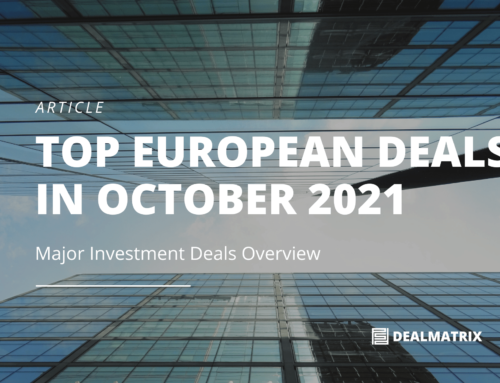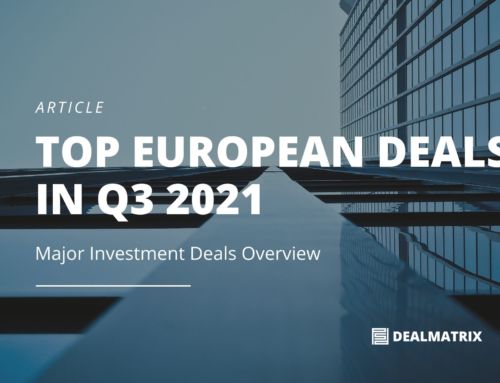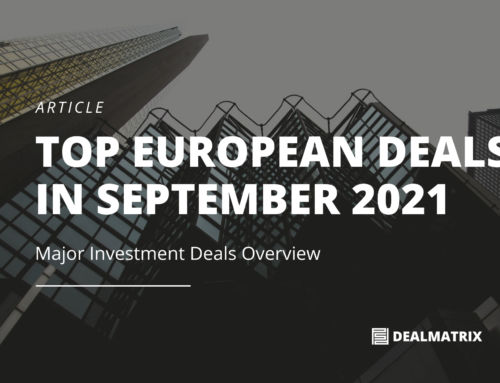How to put a price tag on a startup?
With each upcoming investment round, finding a fair valuation for startups becomes a recurring problem for advisors, founders, and investors. It is quite unlikely that all parties will perceive the same valuation, as fair, which leads to something called a “valuation gap”. What matters is clear reasoning behind a certain valuation backing the assumptions from all parties. Without reasoning, it is hard to find common ground and an agreement to move into further negotiations is unlikely to be reached – as a deal depends not only on valuation, but also on underlying terms that come with it and the impact of these terms on the ultimate price tag. In general, terms of investment are used to hedge risks for investors (if things do not work out) and should keep startup-founders motivated by allowing them to keep a higher stake of equity for later rounds.
Perceived value and the actual price
Warren Buffett, the world’s most famous value investor, says: “Price is what you pay. Value is what you get.” This is true for any kind of investment and can be applied for both: business angels and venture capital. Valuation drivers – so-called soft facts – need to be explained in detail as they are the ones that are driving premiums. On the other hand, negative indications should be argued well, as those will justify discounts on a company’s valuation. Most valuation models allow premiums and discounts for such factors – in negotiations those need to be backed up with solid arguments based on data, experience or any other reasoning the other parties will understand.
Solid and fair valuations are generally based on an “unfair competitive advantage” (as of now and in the future). Products or services are usually considered a venture case if they are serving a real need and can disrupt a certain market or niche. Business models are never perfect, what matters is their scalability and pivotability within a vast total addressable and growing market. The ultimate driver for venture investors is the multiple expansion, driven by the synergies between investor and startup, with the goal of increasing one-time and/or recurring revenue base.
Don’t get fooled by fundraising stunts
We are all aware that there are fundraising talents out there, raising money by fooling investors with their vision and charm. Some try to leverage their value drivers by a strategy called FOMO “fear of missing out”, which already comes along as an alarming sign for a professional investor. Most professional investors will not let you play with them and the odds to win them with such tactics are certainly low. It’s a gamble.
In general, professional investors hunt for success factors, which increase the chance of winning with a certain company. They know how hard it is to find those factors and this makes them vulnerable to FOMO. But investors have good sensors for investors’ appetite (competing VCs), they know the value of a strong lead or co-lead investor and understand the implications of blended valuations (if secondary shares are offered in a deal as well).
Also, “sharks smell blood”: if a startup is distressed, or capital requirements exceed the estimations (both leading to higher dilution), or the current cap-table is highly fragmented – they are likely to fold or ask for substantial discounts.
No deal with red flags
Investors follow strict rules to avoid bad deals. Some red flags can make professional investors fold, no matter how low or high valuation is: incapable management, highly competitive and saturated markets, capital intense environment with low margins, and lack of product traction.
Managing the valuation gap
To decrease the valuation gap, software solutions should aim at a very specific problem, and this is what we do at Dealmatrix. We help to bridge the valuation gap by supporting founders, investors, and advisors to find solid parameters for their valuations. Our valuation engine does not only calculate your startup valuation – it uses a smart-data-system (we do not dare to call it AI) that will assist you in finding the right arguments and sound assumptions.
People often see valuation as a subject between art and science, while most professionals agree the scientific part (finding the right valuation method) is easy. The truth is, all dealmakers on each side of the table struggle, as comparable deal data is incredibly hard to find and this is where our valuation engine can save a lot of time. Pulling together the right arguments for assumptions requires knowledge and experience of a specific venture case. Dealmatrix will mark statistical outliers to make investors aware of potentially high or low parameters used in their calculation.
Interested in discovering the new valuation engine of DealMatrix?

![Startup Growth Pains: How To Handle Them? [Tips For Startup Founders]](https://dealmatrix.com/wp-content/uploads/2021/11/DM_Blog_Images-13-500x383.png)



